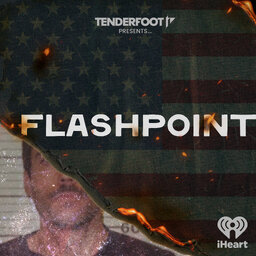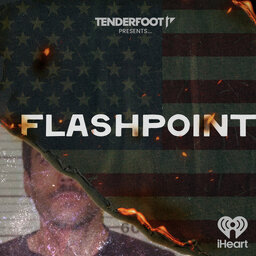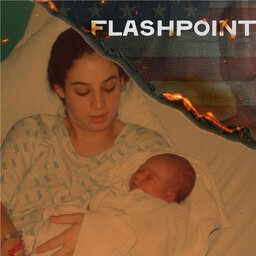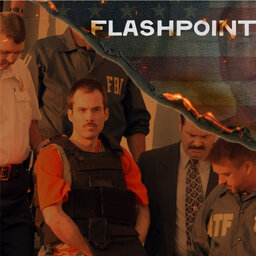Two more bombings. The first one at a gay bar in Atlanta. The second one at an abortion clinic in Birmingham, AL.
But something is different with the explosion in Birmingham. The bomb wasn't on a timer. No, this time the bomber watched from a distance, waiting. Waiting to push the button at the exact moment when he can inflict the most possible damage.
Want to dive deeper? Follow @flashpoint_podcast on Instagram. For new releases and updates follow @tenderfoot.tv on social media.
Subscribe to Tenderfoot+ for early access to episodes, ad-free listening, and exclusive bonuses - https://tenderfoot.tv/plus/.
 Flashpoint
Flashpoint


